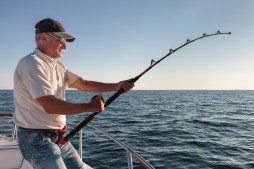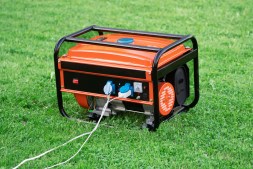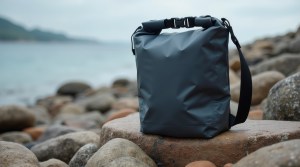The Ultimate Guide: Preventing Sea Sickness on Your Fishing Trip
Fishing is a beloved pastime for many, but the joy of spending a day on the water can quickly turn into discomfort if you suffer from sea sickness. Whether you’re out for a few hours or planning an extended fishing trip, knowing how to prevent sea sickness can help you enjoy your time and reel in those big catches without feeling queasy. In this ultimate guide, we’ll explore effective strategies to keep sea sickness at bay while fishing.
Understanding Sea Sickness
Sea sickness, also known as motion sickness, occurs when your brain receives conflicting signals from your inner ear, eyes, and deeper body parts. For example, while you’re on a boat rocking with the waves, your inner ear senses motion that your eyes may not perceive if you’re focused on an object inside the boat. This conflict can lead to symptoms like dizziness, nausea, and even vomiting.

Choose Your Boat Wisely
Selecting the right type of boat can make a significant difference in preventing sea sickness. Larger boats tend to be more stable than smaller ones and are less likely to rock with every wave. If possible, choose boats that have stabilizing features or consider those equipped with technology designed to minimize motion. Additionally, try to position yourself in the middle of the boat where there is less movement.
Stay Hydrated and Eat Wisely
Keeping hydrated is crucial when spending time at sea. Dehydration can exacerbate feelings of nausea and discomfort. Drink plenty of water before and during your trip. It’s also important to eat light meals prior to heading out—avoid heavy or greasy foods that might upset your stomach. Opt for bland snacks like crackers or toast instead.
Use Natural Remedies and Medication
There are several natural remedies that may help reduce symptoms of sea sickness. Ginger is well-known for its anti-nausea properties; consider consuming ginger tea or ginger candies before you set sail. Other options include acupressure bands that apply pressure on specific points on your wrists which some people find helpful. If you are prone to severe motion sickness, consult with a healthcare professional about over-the-counter medications such as Dramamine or Bonine which are specifically designed for travel-related nausea.
Positioning Yourself Effectively
Where you sit on the boat plays an important role in managing motion sickness symptoms. Whenever possible, position yourself facing forward—this helps align what you see (the horizon) with what you feel (your body’s sense of balance). Take breaks by stepping outside onto deck areas where fresh air circulates; this can provide relief from feelings of queasiness.
By implementing these strategies during your fishing trips, you’ll be better prepared to enjoy all the excitement that comes with angling without being sidelined by sea sickness. Remember that everyone’s body reacts differently; it may take some experimentation to find out what works best for you personally—the key is preparation.
This text was generated using a large language model, and select text has been reviewed and moderated for purposes such as readability.











